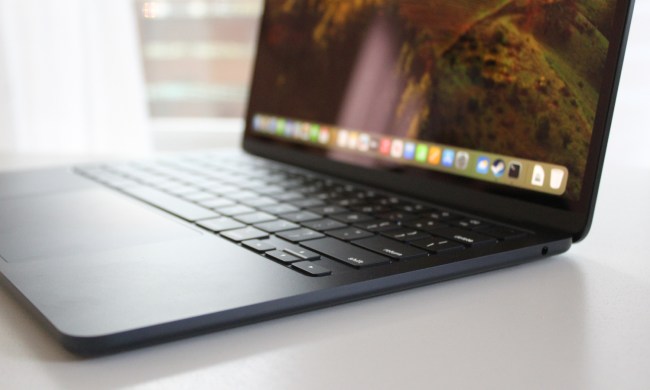Apple’s Mac lineup is reportedly gearing up for a major hardware shift that could end up leaving some users out in the cold. According to Bloomberg, Apple plans to abandon Intel chips as early as 2020, bringing Apple’s own A-series processors to Mac hardware.
The report is a little thin, but this is huge news for Mac users, with some far-reaching implications. First, when and if Apple replaces the processors in Macs and MacBooks with its own A-series chips, that might mean Apple’s Boot Camp software — the easy-to-use installer that lets you dual-boot Windows on Mac hardware — could end up meeting an untimely demise.
Back when Macs and MacBooks ran on non-Intel processors, they were traditionally incompatible with Windows, which meant there was no easy way to run your Windows-only apps on a Mac. Even after Intel processors were introduced, there was a thriving cottage industry for emulators like Parallels which allowed users to have a Windows environment living in MacOS.
.@Apple plans to replace @Intel for #MacBooks with their own chips by 2020. Which of the following describes your feelings best on the issue?
Please RT for a larger sample size.
— Digital Trends (@DigitalTrends) April 2, 2018
In recent years, it’s become easier and easier to just dual-boot Windows using Boot Camp, so software like Parallels hasn’t been as necessary. If Apple starts using its own processors in Macs, that could mean apps like Parallels will become a necessity for anyone who still needs to conduct part of their workday in a Windows environment. And it also means the face of Mac gaming is about to change forever.
Gaming on MacOS has never been a huge industry, but in recent years Boot Camp has given Mac gamers an easy way to get the most out of their games. Windows is better at handling GPU resources than MacOS is, especially on Macs and MacBooks with discrete graphics cards. That means you get better performance, a wider selection of games, and generally a better gaming experience overall than you could get from gaming in MacOS.
If Apple makes this switch and kicks Intel to the curb, you might see better day-to-day performance in MacOS, since Apple’s A-series chips are very capable in their own right. But the change could disrupt a number of niche software ecosystems that currently thrive in the Intel-MacOS environment.


